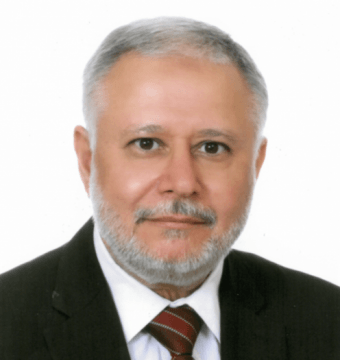The dissolution of the Knesset, agreed unanimously by the heads of Israel’s coalition parties and approved by the parliament itself, was more or less expected because it was talked about throughout the second half of 2018. The proposed election date of 9 April is not regarded as too early, albeit it is seven months ahead of schedule.
#IsraelEarlyElections
The calls for early elections were a lifeline for Prime Minister Benjamin Netanyahu to escape the tightening noose of three corruption cases filed against him, as recommended by the police and awaiting a decision by the State Prosecutor’s Office on indictments. Netanyahu faces charges of taking bribes, fraud and breach of trust. With an election campaign underway, it will be difficult for Attorney General Avichai Mendelblit to indict the Likud leader in order to make sure that the charges will not be a key issue for voters. That’s why those close to Mendelblit said that he would postpone his decision on the corruption probes against Netanyahu. Nevertheless, there are calls for the Attorney General to make the effort and conclude work on the charges before the election so that voters can make informed decisions at the ballot box.

Modest Netanyahu – “I am ready to leave my position tomorrow as prime minister, but I have no one to leave the keys with” – Cartoon [Sabaaneh/MiddleEastMonitor]
In fact, the coalition government led by Netanyahu could face a let-off by having early elections. It has been on the brink of collapse due to a dispute over legislation aimed at drafting ultra-Orthodox Jews into the Israeli military. The Shas Party and the Degel Hatorah faction within the United Torah Judaism (UTJ) party are backing the bill and have reportedly said that they will leave the coalition if it doesn’t become law. UTJ’s Agudat Yisrael faction, meanwhile, says exactly the opposite, threatening to leave if it does.
READ: Gantz gains ground on Netanyahu in Israel election poll
Netanyahu does not fear an early election, for it seems that it will grant him a chance to establish a better political position; opinion polls predict that his right-wing Likud will finish well ahead of its electoral rivals. It is expected to win 30 seats, while the centre-left Zionist Union, which is currently the second largest Knesset faction with 24 seats, could fall to 9. Pollsters predict that Yesh Atid will lose one-third of its seats, falling from 18 to 12. However, the alliance between the new party formed by former Defence Minister Moshe Ya‘alon — Telem — and the party of former army Chief of Staff Benny Gantz — Hosen L’Israel — is expected to win 14 seats, while the rest of the parties will not be far from their current positions.
In general, Israeli society is still leaning towards right-wing and religious extremism, which is consistent with the Likud line. This will facilitate Netanyahu forming the next government with a majority of 63 seats, in alliance with right-wing and religious parties.
The veteran politician is runnıng this election without a real rival to his position in the Israeli leadership. He is arguably the only candidate who could be prime minister, which would enable him to form the next government without any real obstacles.
Furthermore, Netanyahu is campaigning for the election knowing that he has been able to expand the political and social base of the right-wing parties over the past few years. He has also changed the way that the elites in Israel serve these parties in dominating cultural and academic circles; even the Israeli media has become more inclined to the right and extremism. The Israeli left, meanwhile, is currently experiencing unprecedented fragmentation and decay; if anything, it too has shifted to the right to become “left or right”, rather than “left of centre”.
OPINION: Do Israeli centrist parties actually stand for anything?
The April elections in Israel will draw a new political map that grants weight to different parties, thus enabling Netanyahu to update his government coalition and curb his political opponents, especially if he is able to include the new players Gantz and Ya‘alon. This way, it looks like he will have his fifth opportunity to form the government, and thus become Israel’s longest-serving Prime Minister.
This article was originally published in Arabic by Arabi 21 on 4 January 2019
The views expressed in this article belong to the author and do not necessarily reflect the editorial policy of Middle East Monitor.












